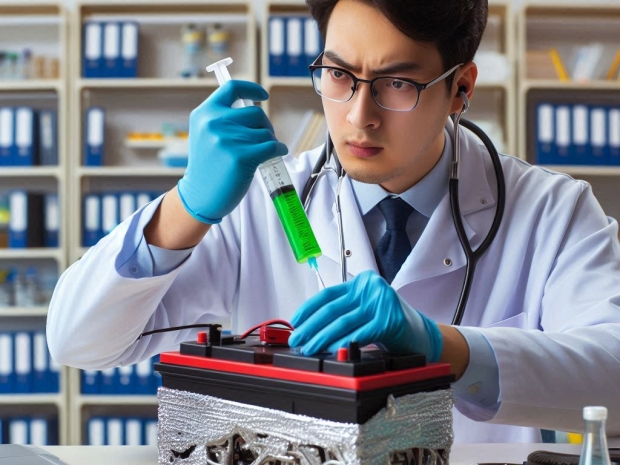If all goes well, electric vehicles (EVs) will run for nearly two decades without a major battery replacement.
For those not in the know, lithium-ion batteries degrade over time as their supply of lithium ions dwindles. However, researchers from Fudan University, led by Gao Yue and Peng Huisheng, have found a way to replenish these vital ions, effectively reversing the ageing process.
The secret sauce is a specially designed lithium carrier molecule known as trifluoromethylsulfonate lithium. This tiny powerhouse can be injected directly into a battery, dissolving seamlessly into the electrolyte and reviving lost performance without damaging the system.
According to the researchers, an industry-standard lithium iron phosphate battery treated with the injection retained near-perfect health even after 12,000 charge cycles—compared to the typical 2,000 cycles before degradation sets in. That means an EV charged twice daily could keep going strong for up to 18 years.
In contrast, current EV batteries typically lose a third of their efficiency in just under three years of frequent charging.
This promises extended battery life and opens the door to next-generation eco-friendly power sources that no longer require vast amounts of lithium—a key step toward solving the environmental crisis linked to battery production and disposal.
Fudan University says the technology is cost-effective and already in development for mass production. The research team is now collaborating with major global battery companies to bring the injection to market as soon as possible.




